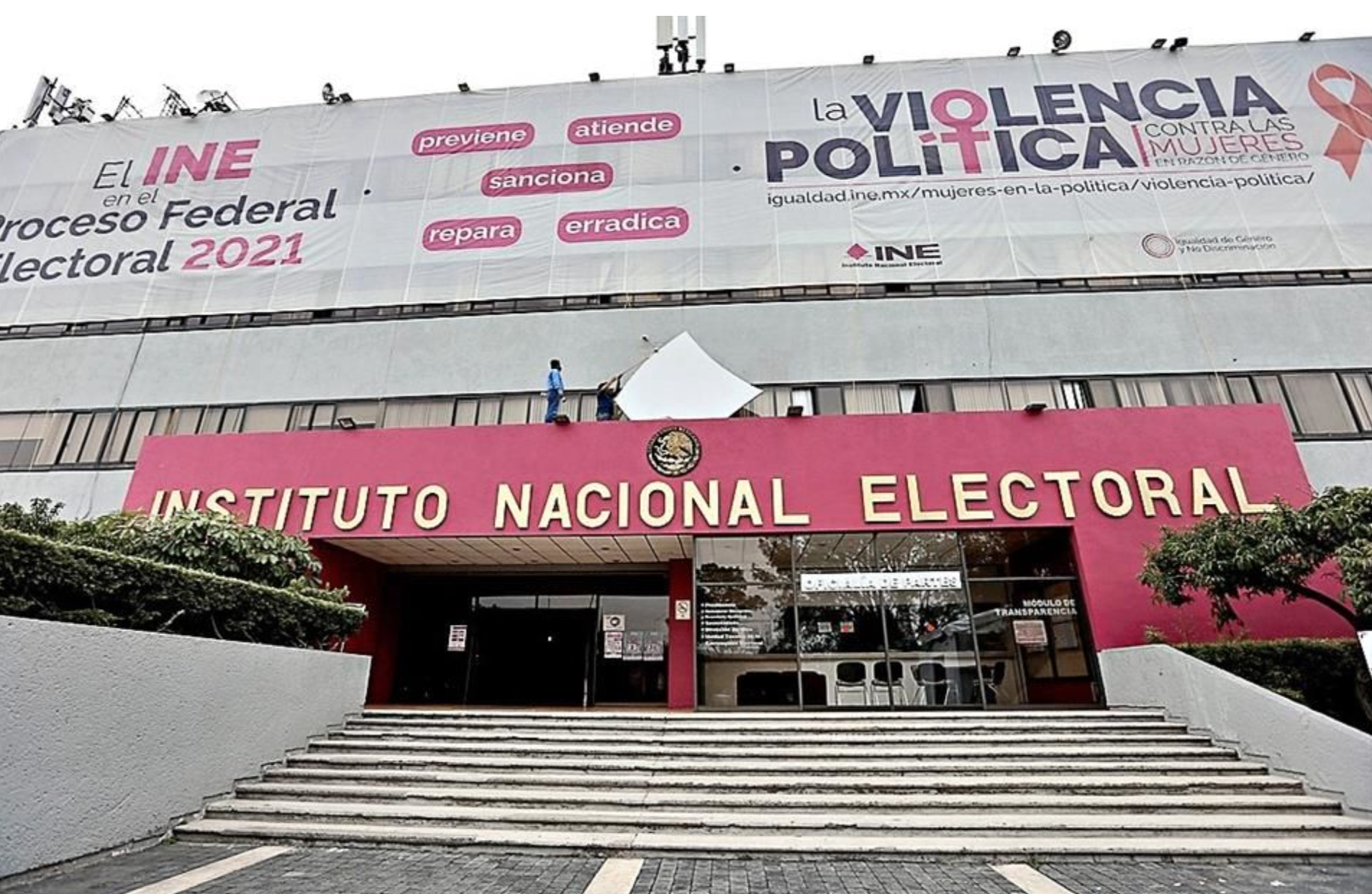On the night of December 15, 2022, the representatives of Morena and its allies hurriedly voted in the Senate of the Republic a set of regulatory reforms in electoral matters that has been known as “Plan B”. It was a constitutional reform initiative that required a qualified majority that the ruling party did not have. The outrage was such that Ricardo Monreal, the leader of the Morenista faction in the Senate, voted against the plan and argued that “the norms that could be approved tonight may move away from the constitutional principles”.
Due to the forced legislative process, the opposition filed unconstitutional actions before the Supreme Court of Justice. After almost five months, the ministers of the Court rejected this week the first part of Plan B, with nine votes in favor and two against, and have given legal reason to the opposition.
In fact, the Court did not even discuss the constitutional merits of the reforms due to their notorious legal inadmissibility, since the plan establishes that elected officials in government functions could freely participate in electoral campaigns, which is considered an aberration and is prohibited.
This has caused a barrage of attacks from the Presidency of the Republic, the Congress of the Union, the Morena Party, and, surprisingly, from the very leader of the Senate, who, in line with President Andrés Manuel López Obrador, is threatening the ministers of the Court. “The Legislative Branch has powers of parliamentary control over the ministers of the Court, what happens is that we have not exercised them…”, he stated recently.
This situation has generated discomfort, and a lot of it, at the National Palace and in the Morenismo. In his recent morning conferences, López Obrador has been seen irritated and launching, day after day, attacks against the ministers of the Court and the opposition. This attitude is repeated among secretaries of state, governors, senators, federal and local deputies, and mayors of the Morena Party.
Given the inability to change the Court’s decision (which will surely be completed when the second part of Plan B is reviewed), since it presents the same flaws as the first part, President López Obrador has launched the so-called “Plan C”, which will be defined at the ballot box in 2024 when the Presidency of the Republic and the Congress of the Union will be at stake.
The plan seeks, among other issues, that ministers, magistrates and judges be elected by votes. In other words, political campaigns would no longer be to choose parties, but also ministers, magistrates and judges.
Beyond this Mexican-style proposal, the results of the 2021 federal elections, citizen consultations and polls on voting intentions do not lead us to believe that the Obradorist tsunami of 2018 will be repeated in 2024. First, because it must first go through a nomination of the official candidate, without ruptures, which seems unlikely. Currently, at least, Marcelo Ebrard, current Secretary of Foreign Affairs, has already stated that the method of choosing the candidate must be transparent. In other words, this means that he is opposed to reproducing the old “PRI’s dedazo” – or pointing the finger at – method of choosing candidates in the ranks of Morenismo.
On the other hand, the opposition, which has moved cautiously, giving play to all those who aspire to the presidential nomination or to the consolation of reinstatement in case of electoral success, plays with the electoral calendar.
Its leaders know that the Va por México alliance (formed by the PAN, PRI and PRD parties) in 2021 only lost two million votes obtained in 2018, while the parties of the Juntos Hacemos Historia alliance lost eight million votes. Another relevant fact is that Morena only managed to mobilize seven and eighteen million, respectively, out of a voter roll of 95 million, to the citizen consultations to allegedly judge the neoliberal former presidents and the revocation of the mandate of the incumbent president.
Faced with the risks of close competition, López Obrador entered the race for the presidential succession and has reinforced the clientelist politics in social programs, the vote quotas that will surely be assigned to governors and mayors, and even, as happened in 2021, could put in place mechanisms to contain the opposition’s electoral operators.
Ultimately, President López Obrador’s confrontation with the Court’s justices indicates his discomfort with their independence, the usual checks and balances of any representative democracy, and an eventual defeat at the ballot box.
*Translated from Spanish by Micaela Machado Rodrigues













